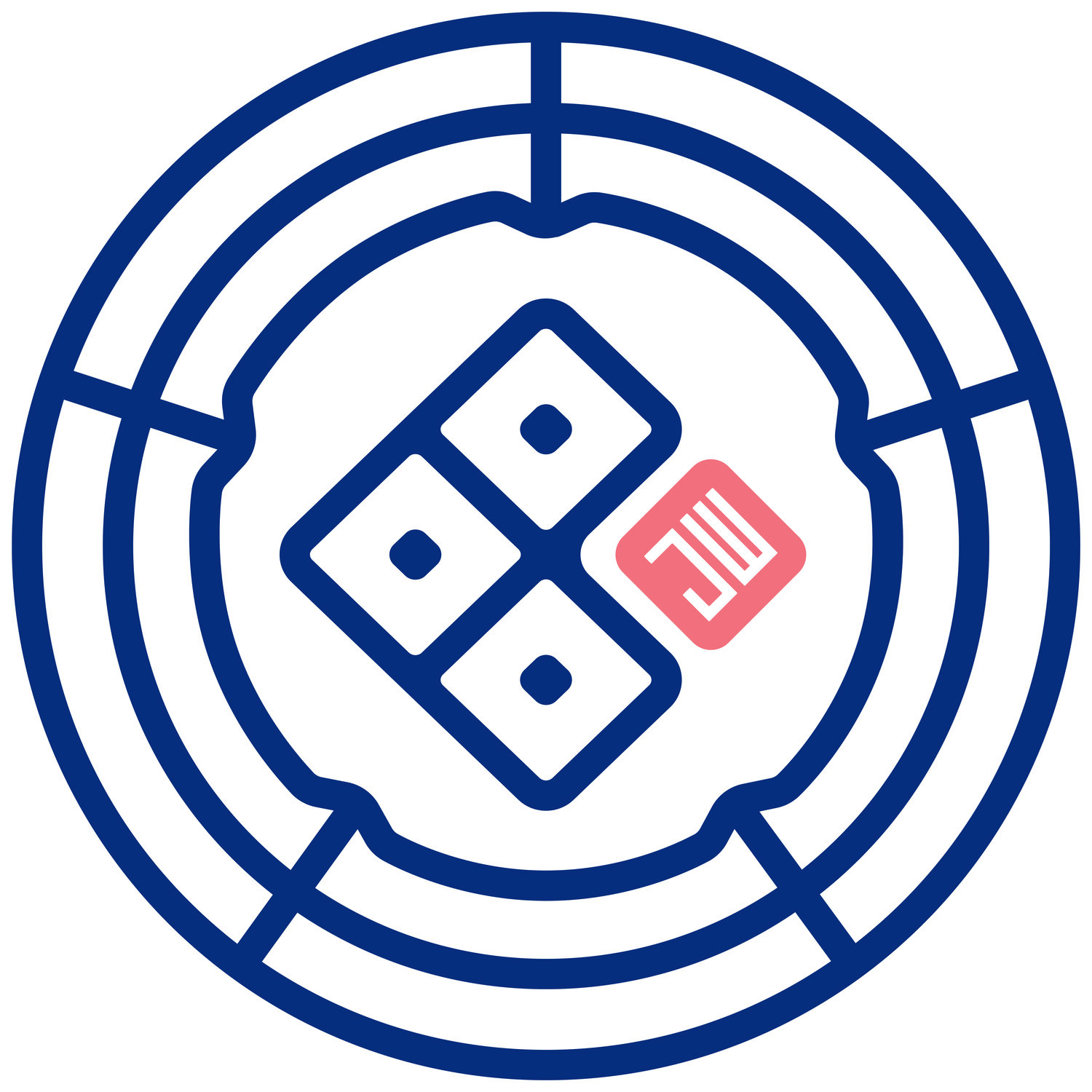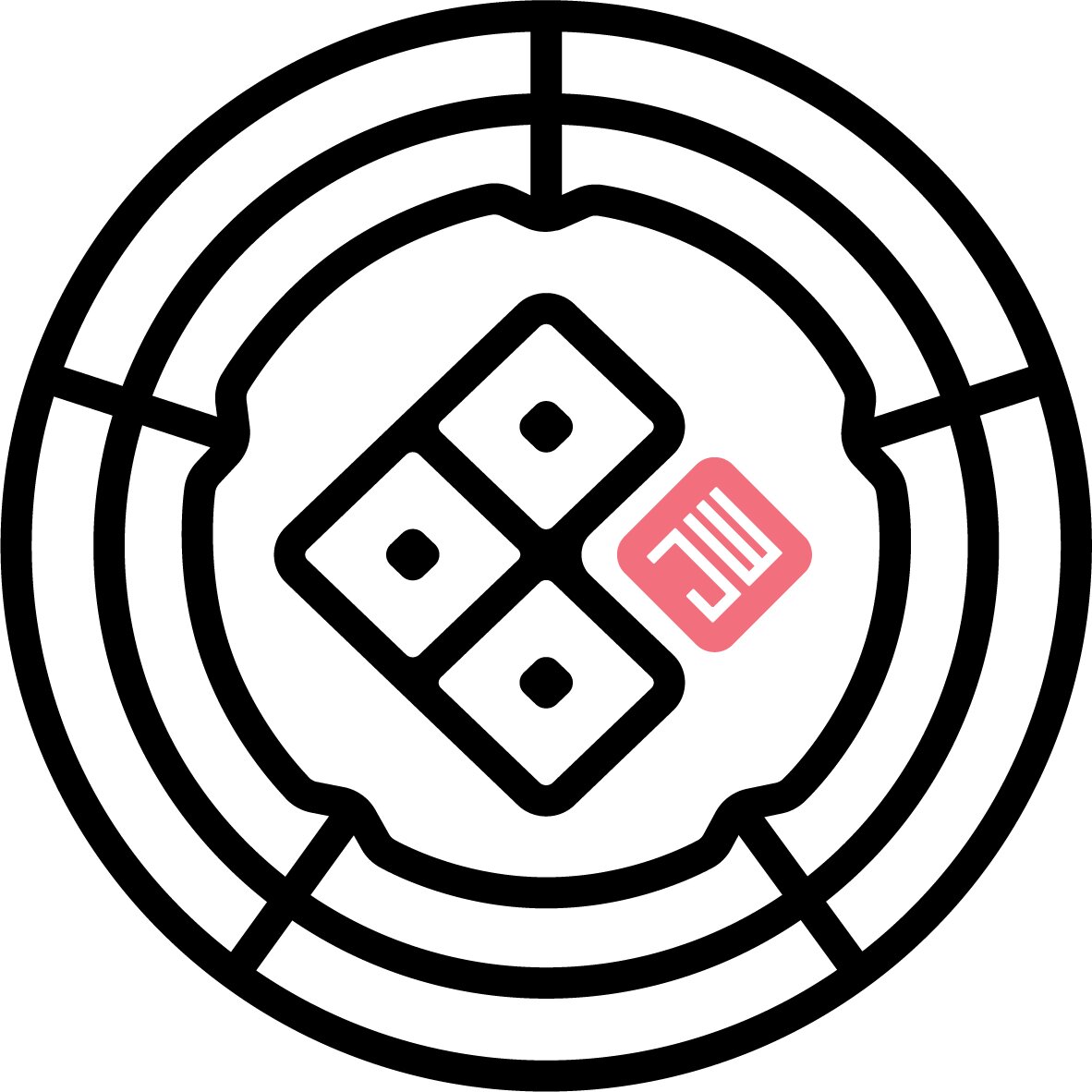FORGIVING
“The weak can never forgive. Forgiveness is the attribute of the strong.”
― Mahatma Gandhi
“Forgiveness is not an occasional act, it is a constant attitude.”
― Dr. Martin Luther King Jr.
Have you ever gifted yourself the time to take inventory of past wounds that you’re still carrying?
There is often resentment attached to those wounds. Anger. Rage. Anxiety. Shame.
Until we transform our wounded self through forgiveness, those wounds, and all the emotions attached to them, create barriers to our own happiness. We feed our old wounds when we reinforce them with our wounded behaviors, thought patterns, and speech.
Some of our wounds, unfortunately, are reopened and worsened daily, because our world is not structured to treat us equally. That’s real.
And still, we choose to keep practicing forgiveness in order to cultivate spaciousness in our hearts, and freedom in our lives. Yes, freedom is on the other side of forgiving others, and forgiving ourselves.
Let’s give ourselves the gift of taking inventory now, as we are, here, today.
As an annual practice, this list-making of wounds-in-transformation may have a much bigger impact than a list of New Years resolutions:
Wounds I’ve started to heal
Wounds that I’ve transformed significantly
Wounds I haven’t started healing yet
Let’s normalize self-compassion as step one. Self criticism about what you haven’t transformed yet, or even started to heal, has no place here. Start with compassion. You’ve made this list to heal your wounds, not to aggravate them.
Let’s also normalize celebrating the small gains: can you see progress that you’ve made when you make a wounds-in-transformation list?
Please. If you are carrying wounds that are overwhelming to your system, please, please, please talk to someone who is professionally trained to support you. What I’m offering here cannot replace that, only supplement, or continue, the support that you’re leaning into with a professional.
If we want to transform our wounds, we need to get specific. Round 2 questions:
How does this wound show up in my emotional behaviors or mental patterns?
How does this wound show up in the way I speak? The way I listen?
The way I judge or asses someone else’s speech? Their actions? Their behaviors?
How does this wound show up in my body? When I feel the anger, anxiety, resentment, or rage attached to this wound, where do I feel it in my body?
Focusing on our own experience & behaviors lets us see more clearly how and where we can be the disruptor. We want to transform, one moment at a time, into the free version of ourselves. We want to disrupt the links of memory, emotion, and nervous system reaction by taking some deep breaths.
Yes. That’s where we start. Infusing moments of wound-jacked emotion with embodied peace: JUST BREATHE.
“Letting go gives us freedom, and freedom is the only condition for happiness. If, in our heart, we still cling to anything - anger, anxiety, or possessions - we cannot be free.”
― Thich Nhat Hanh
Let this be
In a wonderful “Self Compassion for Parents” session (a 4 week series led by the amazing Ofosu Jones-Quartey (@bornimusic) and offered by @SpiritRock), the following list of alternatives to the word forgiveness was offered to those who might find “forgiveness” to be too much of a challenge (Yes. Compassion first. We are only ready to practice forgiveness when we’re ready):
Understanding
Tolerance
Compassion
Pardon
Reprieve
Grace
Respite
Greater Ease
Acceptance
Let this be
This too
Let. this. be.
For you, some of the other words may resonate strongly, but for me, it was this phrase.
Let this be is a cue for me to pause, to breathe. When I pause, I let go of the immediate attempts to fix something, to defend something, to attack verbally. Let this be provides a moment to disrupt the patterns that link harm/injury to rage, resentment, shame, or hurt that I might be feeling from past experience.
Let this be invites me to see what is. Here. And now. Not then. But here. It invites me to stay present. It gives me the space - I create space for myself - to practice awareness.
If you find words that invite you into present awareness, use them. Keep them close and cherish them. See them for the dharma door that they are - an opening for you to step into freedom.
“Forgiveness says you are given another chance to make a new beginning.” — Desmond Tutu
“As we know, forgiveness of oneself is the hardest of all the forgivenesses.”
— Joan Baez
Yes, Let this be is my cue, my dharma door, not only when I encounter harm out there in the world, but when I inflict it on myself through self criticism, judgement, and doubt. Forgiving ourselves is the same process: pause - breathe - invoke compassion - observe - see - understand - disrupt the pattern - transform.
Create a bubble of compassion for yourself sometime soon. Make your lists. See your wounds-in-transformation journey and give yourself the credit you deserve for doing the work that frees you.
*special thanks go to Ofosu Jones-Quartey (photo below/IG/Spotify) for the “forgiveness list” and to Curtis, a gifted musician who happened to facilitate the BIPOC True Home Sangha meeting where I first shared about Let this be. On the spot, Curtis riffed on the Beatles tune and created a beautiful verse that opened the dharma door wide enough for our whole community to walk through.


